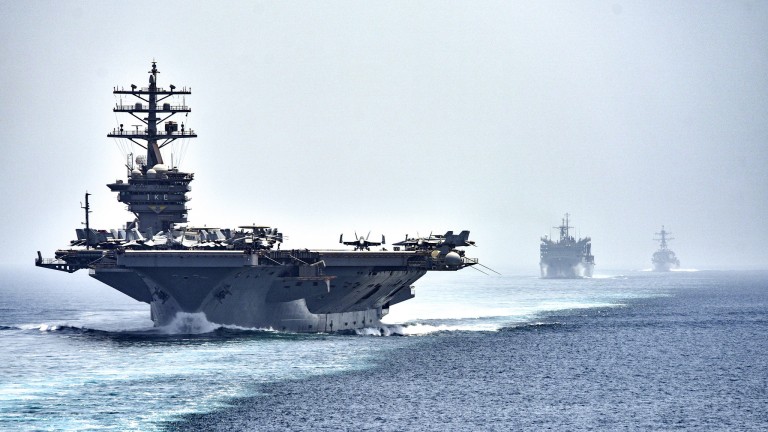 American officials say that a US cyberattack against Iran that was launched earlier this summer has had a lingering impact on the Iranian military’s ability to target oil tankers in the Persian Gulf, according to a new report in the New York Times.
American officials say that a US cyberattack against Iran that was launched earlier this summer has had a lingering impact on the Iranian military’s ability to target oil tankers in the Persian Gulf, according to a new report in the New York Times.
Iranians are reportedly still recovering targeted systems, networks, and data after the cyberattack which was launched in June at a peak in tensions between Iran and American allies.
The players: The attack was launched by US Cyber Command. It targeted and reportedly wiped out a key database used by Iran’s paramilitary forces known as the Islamic Revolutionary Guards. The Revolutionary Guards is responsible for mine attacks that hit two oil tankers in the Strait of Hormuz, US officials allege. Iran denies responsibility.
The targeted database was reportedly used by the Revolutionary Guards to plan attacks in the Persian Gulf. The Strait of Hormuz is a strategically key choke point dividing the Gulf from the Sea of Oman. Almost half the world’s oil trade passes through the strait.
Cyberattacks have been a key weapon in the American arsenal as the US and Iranian leadership have engaged in extensive saber-rattling throughout 2019. Instead of a traditional “kinetic attack” such as a missile, a cyberattack is seen as “below the threshold” of war and can in theory avoid escalation that other attacks can provoke.
The attack came in response to Iran successfully attacking and downing an unmanned US drone in the region.
US officials said there has been no escalation from Iran as a result of these attacks. There have been no attacks against tankers in the region since the June 20 American cyberattack.
Given the newness of the domain, however, it’s not definitively clear to anyone how this all ends.
The setting: The Persian Gulf is one of the most active cyber theaters of war in the world. Just yesterday, a report was released on Iranian-linked hackers targeting oil and gas giants in rival Gulf nations.
It’s the latest in a long line of cyber activity in the region that extends back two decades. A notoriously conflict-plagued corner of the world, Persian Gulf powers are increasingly playing the regional power game in cyberspace.
The energy industry is typically on the frontline of these conflicts whether the attacks come kinetically, as was the case when mines hit oil tankers in June, or if they are cyberattacks as reported yesterday. The industry is not just a source of great wealth, the companies are also closely linked or directly controlled by dictators or autocrats at the head of each of these states.
The offensive: If it seems like the Americans are more active in cyberspace than ever before, that perception is by design.
Undoing Obama-era rules, the Trump administration’s policy in cyberspace is to more readily take the offensive.
Army Gen. Paul Nakasone, the head of US Cyber Command, says his own strategy is “persistent engagement,” one more overt signal that U.S. government hackers are taking a more aggressive and active stance than ever before.
No comments:
Post a Comment